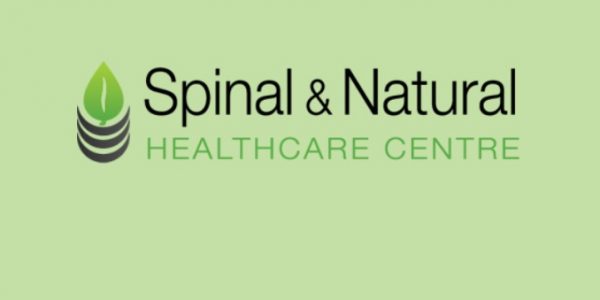Over the last week, I’ve had many patients ask me about the use of pain relief. You probably read the news reports about the suggested link between certain types of painkillers (including aspirin, paracetamol and ibruprofen) and increased blood pressure. Although I personally avoid taking painkillers and never take antibiotics, I am always wary about media hype and health scares because it is often confusing and leaves the reader wondering how on earth they should react, if at all.
Your most powerful healthcare tool is information, particularly information that informs your decisions about your health and encourages you to be responsible for looking after your physical, emotional and mental health. Yes, painkillers have side effects. That shouldn’t come as a shock: any drug, whether prescription, over the counter or illegal, has side effects.
Would you pick up a sweetie off the floor in a public place and pop it in your mouth before considering what was it and where it had been? Then why do the same with over- the-counter painkillers?
I’m not suggesting that you never take a painkiller, rather that you should be fully informed before you make the decision to take it. Don’t blithely go for a brand name but speak to your pharmacist about the ingredients and possible side effects and reactions with other medicines you are taking. (Remember never to change prescribed medicine without consulting your GP). If you choose to take medication, ensure you are taking it correctly. For example, excessive and persistent use of headache pills can actually make your headaches worse!
When you take a drug you are making a choice to balance the potential benefits with the potential side effects. If you are merely taking painkillers to stop your headache or aching back from interfering with your day then you are doing yourself a disservice. Pain is a warning signal to tell you there is a problem that needs addressing – not ignoring. Taking pills only covers up that warning signal instead of sorting out the underlying problem.
If you wish to choose to tackle the underlying problem then manual therapies such as those applied by chiropractically trained health care practitioners like myself and my colleagues, that do not use drugs or surgery, are very effective at treating headaches, back pain and many other problems. A chiropractic adjustment is widely recognized as one of the safest drug-free, non-invasive therapies available for the treatment of back pain, neck pain, headaches and other neuromusculoskeletal complaints. You also have the choice to make some changes to your everyday life that will greatly benefit your health (and have only positive side-effects) such as improving your posture, getting enough sleep, exercising a minimum of three times a week, improving your nutrition, drinking more water and eating a balanced diet.
You should be in charge of managing your pain, rather than pain managing your life. The first step to taking charge is to seek information from a trusted source and then use that information to make up your own mind.
Just ask
Ask About Medicines is an organisation that teaches people the importance of seeking more information about the benefits and downsides of the drugs they are taking. AAM recommend that you ask your GP or pharmacist the following questions:
- WHAT does this medicine do?
- WHY is it important that I take this medicine?
- ARE there any other treatment options?
- WHEN and how should I take it?
- HOW long should I take it for?
- WHAT should I be aware of when taking this medicine? (eg. possible risks and side side effects whilst taking it and how to store it safely, interactions with foods/drinks/activities, etc)
- WHERE can I go for more information?
I have included a YouTube video I did about the safety of Non-Steroidal anti-inflammatories. I will let you make up your own mind!

